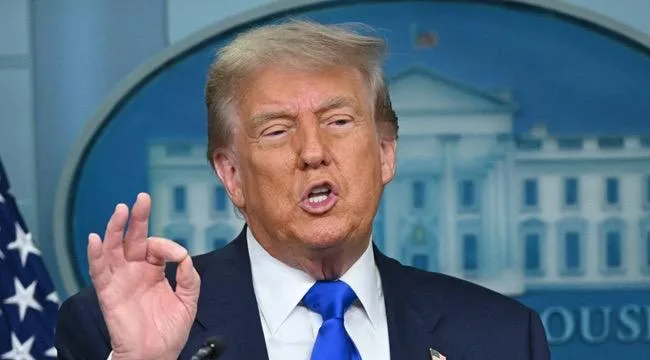US President Donald Trump has dismissed mounting speculation that he is actively seeking the Nobel Peace Prize, insisting his focus is solely on preventing wars rather than personal accolades. “I have nothing to say about it. All I can do is put out wars,” Trump told reporters this week, in a move aimed at cooling weeks of speculation about his intentions.
Back in February, Trump had voiced frustration over what he viewed as bias in the awarding process. “They will never give me a Nobel Peace Prize. I deserve it, but they will never give it,” he said at the time. The comment sparked a flurry of debate, especially as his administration began publicly amplifying the idea.
White House press secretary Karoline Leavitt reinforced the point in July, declaring that it was “well past time” for Trump to be recognized. More recently, at a cabinet meeting, Trump’s envoy Steve Witkoff described him as the “single finest” Nobel candidate in history, praising his “game-changing” diplomatic interventions.
The Nobel Peace Prize is decided by a five-member panel appointed by the Norwegian parliament. Reports suggest Trump has privately discussed the matter with Norwegian Finance Minister Jens Stoltenberg, though Stoltenberg has not confirmed such conversations.
Trump’s name has reportedly been put forward by several nations, including Israel and Pakistan. The US president has taken credit for easing tensions between Pakistan and India earlier this year, pointing to it as one of the “six or seven wars” he claims to have ended. Analysts, however, caution that some of these conflicts were brief flare-ups rooted in long-standing disputes, making Trump’s claims difficult to measure.
BBC Verify recently examined Trump’s involvement in cooling seven international conflicts, including episodes between Israel and Iran. While his interventions may have paused escalations, experts remain skeptical about whether the peace achieved is sustainable in the long term.
As speculation continues, Trump’s comments suggest he is keen to project humility while allowing allies to build the case for his recognition. Whether the Nobel Committee agrees remains uncertain, but the debate underscores the controversial yet consequential nature of his foreign policy record.

